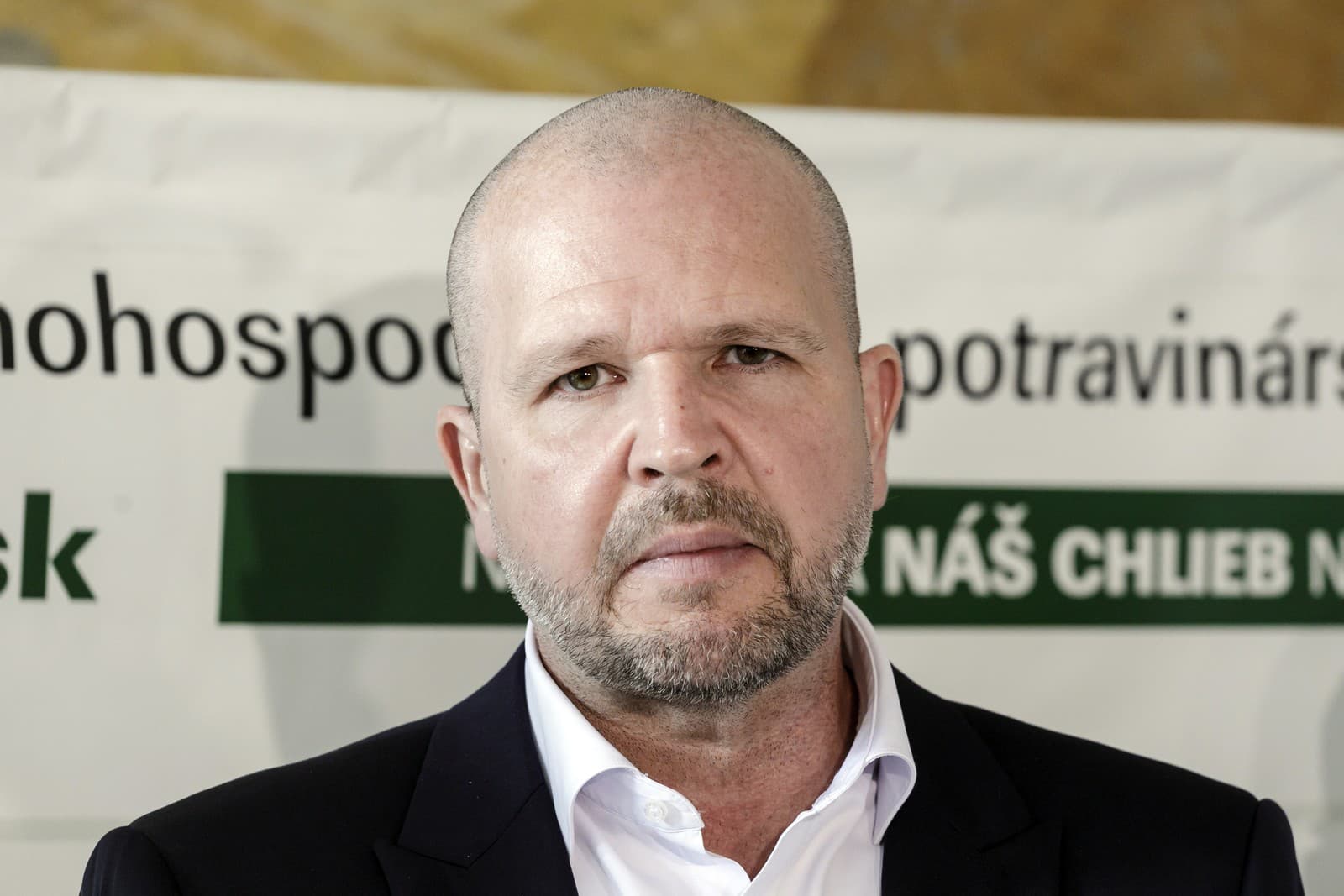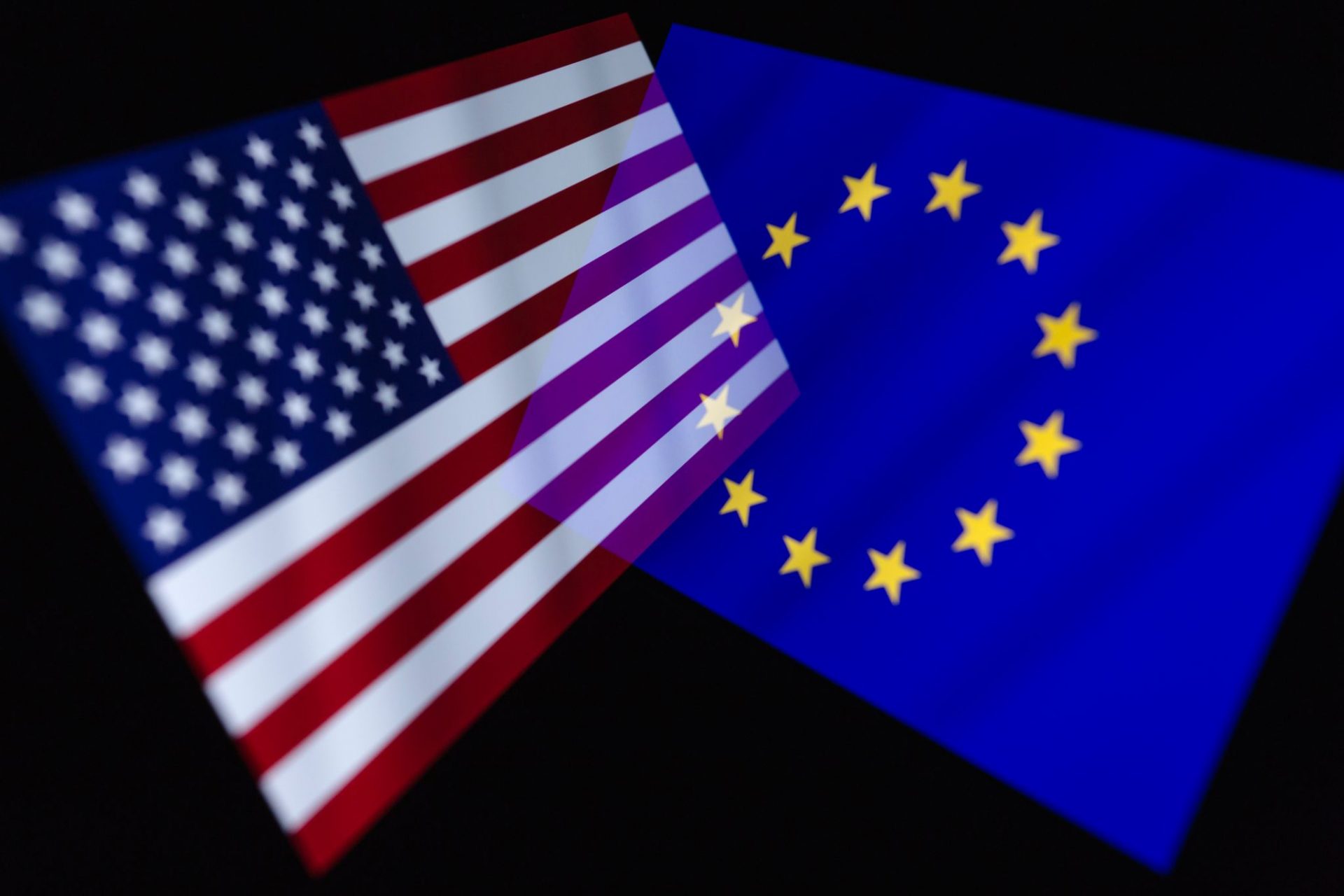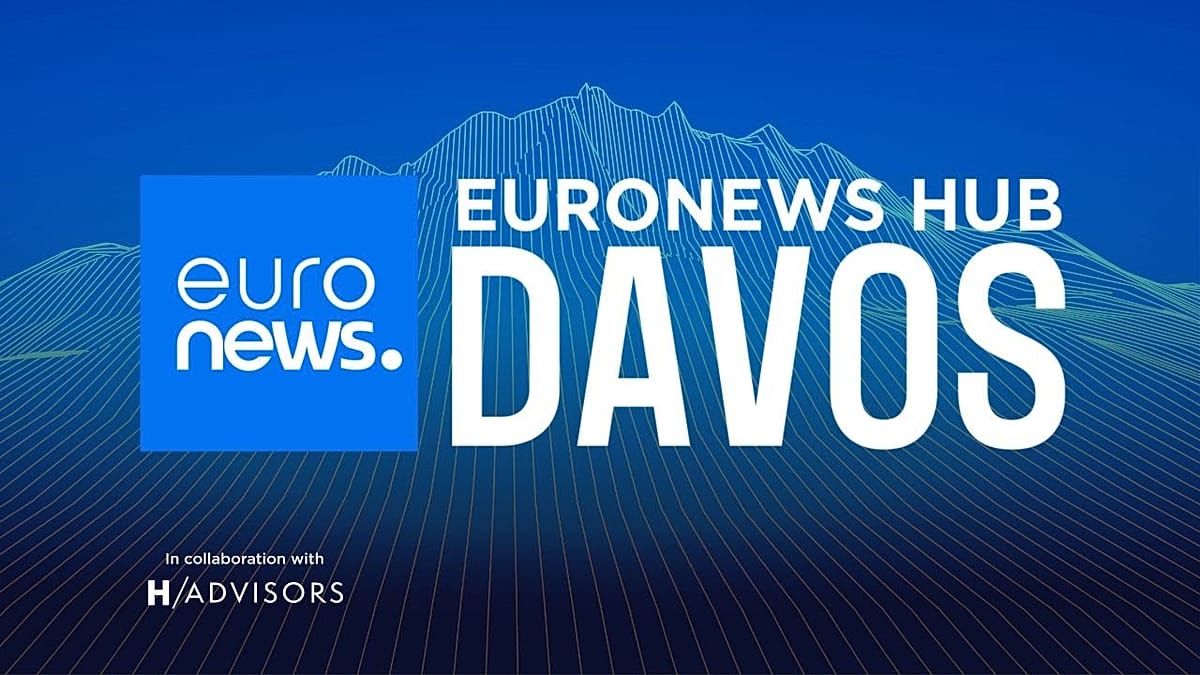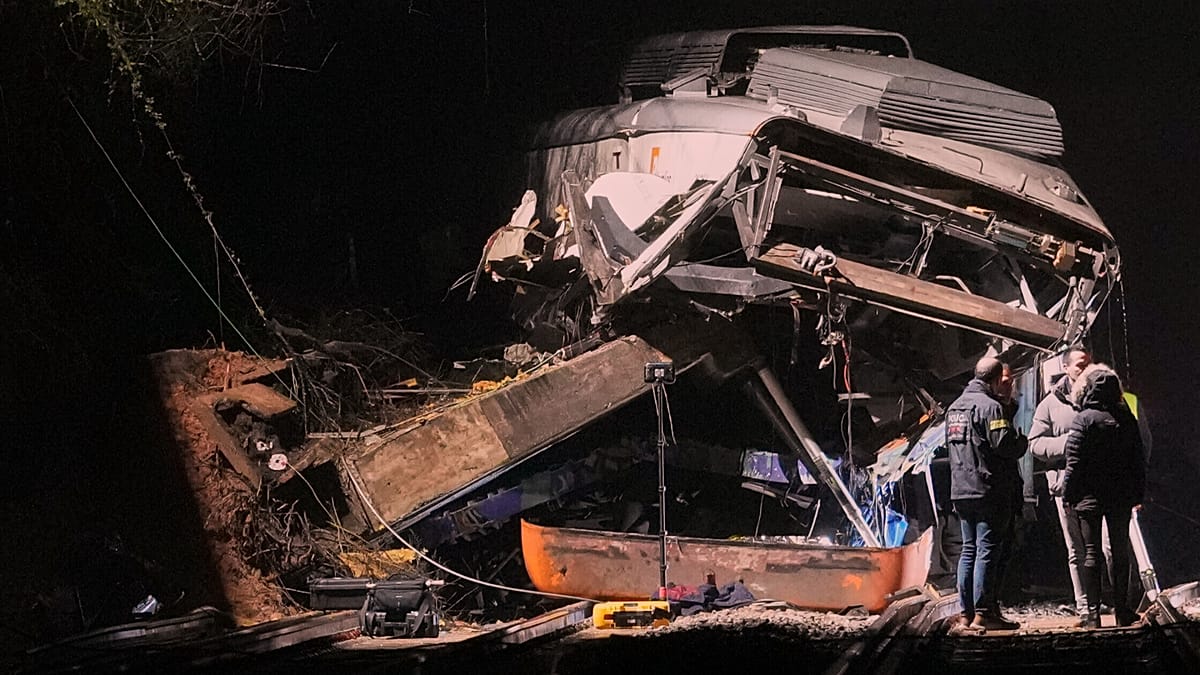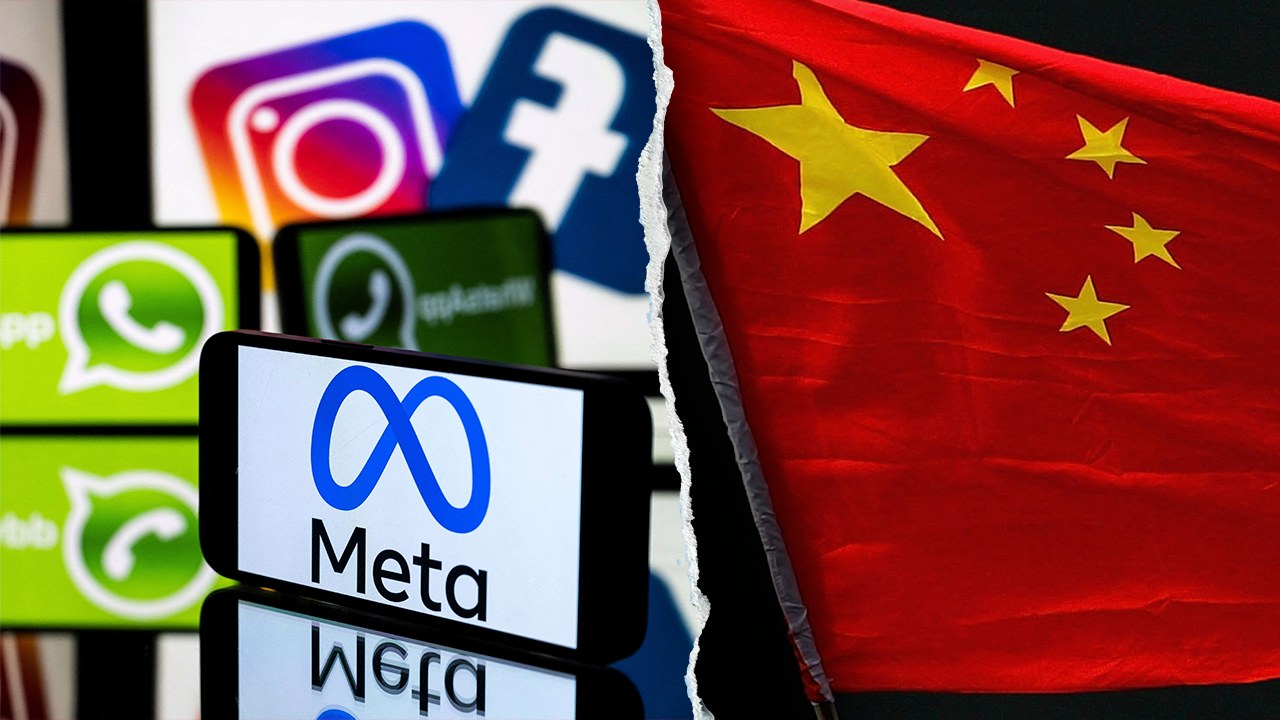Beyond Automation: Alison McCauley on Building Cyber Resilience in the Age of Generative AI
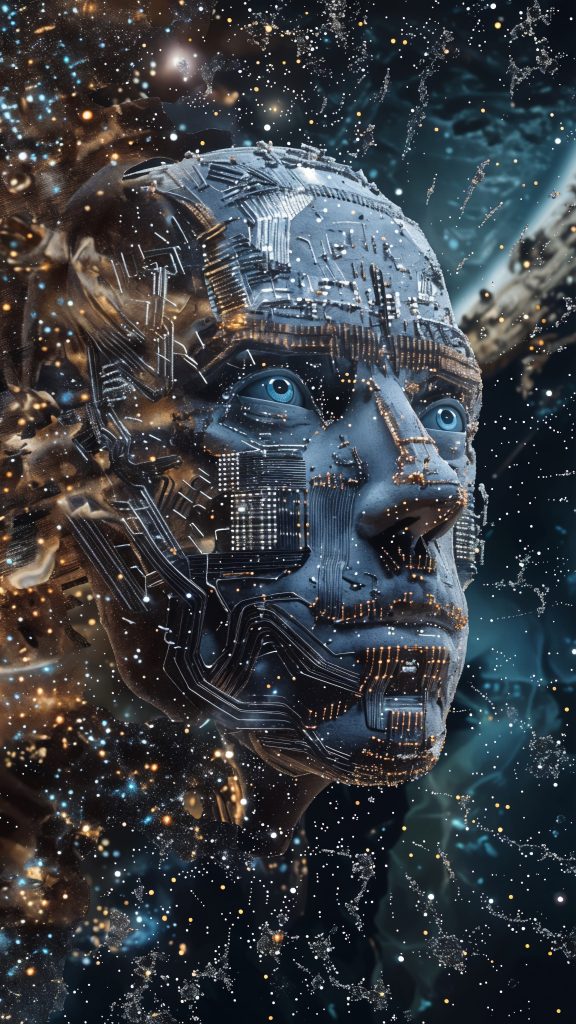

 Alison McCauley is a leading voice in digital transformation, recognised for her pioneering work in generative artificial intelligence, blockchain, and Web3 technologies. With over three decades of experience driving innovation, she is the Founder of Unblocked Future, advising organisations on how to adopt disruptive technologies for competitive advantage.
Alison McCauley is a leading voice in digital transformation, recognised for her pioneering work in generative artificial intelligence, blockchain, and Web3 technologies. With over three decades of experience driving innovation, she is the Founder of Unblocked Future, advising organisations on how to adopt disruptive technologies for competitive advantage.
She holds a BA in Psychology and an MA in Organisational Behaviour and Development from Stanford University, and has served in senior roles at Accenture, PeopleSoft, and The McCauley Group. A seasoned keynote speaker with The Cyber Security Speakers Agency, Alison is also among today’s most in-demand generative AI speakers.
She is the author of Unblocked: How Blockchains Will Change Your Business, a LinkedIn Top Voice in AI, and a regular contributor to Forbes. In this interview, Alison explores the evolving role of AI in cybersecurity and shares strategic insights on how businesses can strengthen resilience amid rapid technological change.
Q: Having worked in the AI industry for several years, how have you seen the evolution of AI technologies impact cyber defence strategies in businesses?
Alison: “I started working in AI in 2010, and it was a very different landscape back then. AI has been around for decades – there was even a surge of activity in the 1960s – but the real game-changer came about a year and a half ago when OpenAI launched ChatGPT. Suddenly, advanced AI was no longer confined to labs – it became accessible to everyone.
This shift, driven by generative AI, has had a profound effect across sectors, and cyber defence is no exception. The sheer speed of innovation has been staggering, even to those of us immersed in the field. Generative AI now allows us to tackle complex, open-ended problems, and interact with systems using natural language – capabilities that are highly relevant for detecting, analysing, and responding to cyber threats in real time.
But this also introduces new risks. Cyber defence is traditionally structured around clear rules, defined workflows, and known threat signatures. Generative AI doesn’t operate within those fixed boundaries. It requires new ways of thinking, new structures, and a rethink of how security teams interact with technology. It’s a huge opportunity – but it’s also unfamiliar territory.
That’s why I stress the urgency of learning and adaptation. Businesses that understand how to harness the power of these tools – while mitigating their risks – will gain a significant edge in cyber resilience.”
Q: You’ve spoken about ‘being human at the AI crossroads.’ In the context of cyber defence, how can businesses ensure they maintain a human-centred approach while leveraging AI-driven security tools?
Alison: “There’s often a fear that AI might fully replace human roles in security – but that misses the real opportunity. What we should be focusing on is how human and machine intelligence can complement each other to create stronger defences.
AI can process vast amounts of data at speed and identify patterns that would otherwise go unnoticed. But humans bring context, judgement, and strategic insight. When we fuse the two – human intuition with machine precision – we unlock a new class of cyber capabilities.
The challenge is that many teams still don’t know how to effectively communicate with these tools or interpret their output. This is where practical knowledge becomes critical. We need to train security professionals not just in the technical aspects of AI, but in how to work with it – how to ask the right questions, verify responses, and use AI as an augmentative tool, not a replacement.
In my talks, I always aim to demystify this process and offer tangible steps forward. The goal is to help businesses leverage AI in ways that truly strengthen, rather than complicate, their cyber defence posture.”
Q: What ethical challenges should businesses be especially mindful of when deploying AI in cybersecurity and digital defence operations?
Alison: “This is such a critical area. The pace of AI development is so rapid that we’re struggling to keep up with the ethical implications – especially in cybersecurity, where stakes are high and decisions often need to be made in seconds.
For instance, what happens when an AI flags a potential insider threat based on behavioural analysis? How do we avoid reinforcing biases or breaching employee privacy? Should AI be allowed to autonomously shut down systems or block users? These are complex questions without easy answers.
That’s why I always emphasise the importance of applying a ‘responsible AI’ framework to security practices. We need to embed ethical thinking from the start – defining limits, building in accountability, and constantly re-evaluating the tools we deploy.
Businesses need to ensure that their security solutions don’t just perform well – they must also operate transparently, fairly, and in alignment with organisational values. Responsible innovation is the only path forward.”
Q: With the pace of innovation in AI and cyber threats accelerating, how can businesses strengthen their cyber resilience and stay ahead of emerging risks?
Alison: “The idea of ‘futureproofing’ is starting to feel outdated; things are changing too quickly. Instead, the goal should be to build resilience, the ability to adapt rapidly and intelligently to change.
One of the most effective ways to do that is by speeding up organisational learning. Security teams need to be able to absorb new information, adapt to evolving threats, and deploy new tools quickly and confidently. Fortunately, there are frameworks that can help create that learning culture. I also encourage businesses to proactively engage with emerging technologies, rather than reacting to them. Understand what’s on the horizon – whether it’s AI-powered phishing, deepfake attacks, or adaptive malware and prepare your teams for those realities.
Finally, agility is paramount. Cyber adversaries are constantly evolving. The attackers your organisation faces in five years may look very different from the ones you see today. The key is to build systems – and cultures – that are flexible, responsive, and always learning. So, no, we can’t predict the future. But by fostering agility and staying alert to where the landscape is heading, businesses can give themselves a fighting chance at staying secure.”
This exclusive interview with Alison McCauley was conducted by Mark Matthews of The Motivational Speakers Agency.
The post Beyond Automation: Alison McCauley on Building Cyber Resilience in the Age of Generative AI appeared first on European Business & Finance Magazine.
